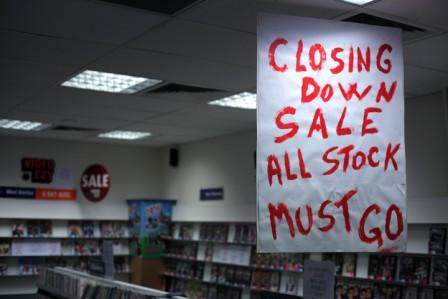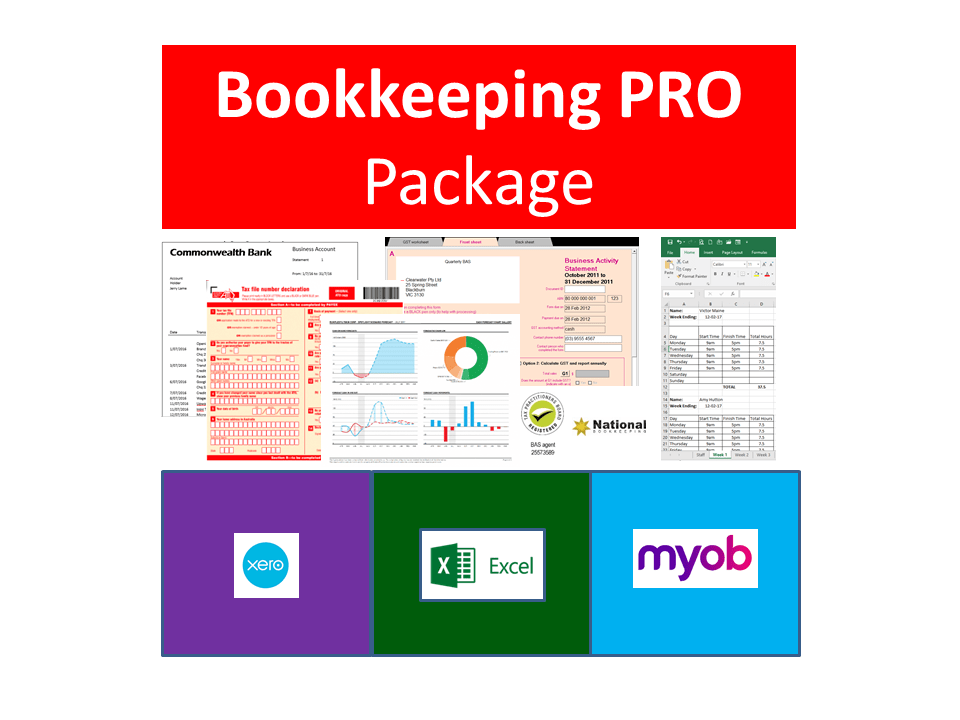 A big part of starting any new business is researching the market. This ensures that your business idea is viable; something we cover in our Small Business Management Course. Researching the market and keeping abreast of industry trends is also extremely important, even once your business has been established. At Workface, we have a number of business opportunities available for self-starters, would-be entrepreneurs, people who want to work from home and/or be their own bosses. Whatever situation you are in, we would encourage you to keep well abreast of what’s happening in the market.
A big part of starting any new business is researching the market. This ensures that your business idea is viable; something we cover in our Small Business Management Course. Researching the market and keeping abreast of industry trends is also extremely important, even once your business has been established. At Workface, we have a number of business opportunities available for self-starters, would-be entrepreneurs, people who want to work from home and/or be their own bosses. Whatever situation you are in, we would encourage you to keep well abreast of what’s happening in the market.
Leave Much of the Stress to Head Office
We’ve been publishing a series of posts on franchised businesses, and in our last post we talked about how a franchised business is completely supported by a head office or the franchisor, which is helpful when it comes to developments in the industry that could pose a risk to the longevity of the business.
But while you may have a head office to worry about threats to the business, as the franchise owner, you still need to be aware of changes in your industry, and be prepared to work with the franchisor to change and adapt your business model in response to those threats. Some franchises have managed to do this successfully, like McDonalds did by introducing their healthy menu options. Others haven’t.
The Downfall of Video Ezy Franchises…
Take, for instance, the Australian chain of video rental stores, Video Ezy, whose corporate head office identified a number of risks to the longevity of their business in the mid noughties: pay TV and the internet.
They’d seen how the Internet had devastated the music industry, and keen to curb the impact the Internet could have on their own business in the near future, they decided to act on it. They introduced a monthly subscription, which allowed members to rent as a many movie titles as they liked, for a low monthly subscription fee.
The new model for movie rentals not only guaranteed each store a monthly income from each of their members, it also served to provide a cheaper, easier and more appealing option to illegal downloads or costly subscription TV. At the corporate-owned stores they trialled it at, the service was a big success – with a conversion rate of around 80 percent of their customers within six months.
The Franchisees Didn’t Believe
The idea was that each franchise would also offer the new subscription service to their members, and some did. However, many didn’t. The franchisees didn’t see the Internet being a big enough threat, and believed that they offered something pay TV didn’t: new release movies and the tactile experience of selecting a movie from the store.
Some franchisees also complained that they weren’t earning their money back per title, since most of their customers were now renting movies for ‘free’ at the point of sale; failing to take into account the revenue generated from their monthly subscription fees and additional ancillary sales.
The rest of this story is pretty much history: broadband internet, iTunes, and online streaming services like Netflix, did steal Video Ezy’s market share, and it turns out people are quite happy to forgo the tactile experience of going to a shop to select a movie; even Foxtel stepped up to the plate, by offering on-demand new release movies for an additional fee.
How the Few Survived
The majority of the franchises shut and at a corporate level, Video Ezy reduced their retail offering down to kiosks, which were placed at high traffic areas, like shopping centres. Without the overhead costs of staff, rent and utilities to pay, they could reduce their rental prices to compete with services like iTunes, while also offering an easier option to illegal downloads.
In this case, it would have been in the franchisee’s best interests if they continued with the subscription service model, and used that the leverage their revenue through other means – such as the ancillary sales of food, drinks, and ex-rental movies. To be fair, some franchisees did see the value in the subscription model, and they’re the few stores that still exist today.
***
So even though you may have bought, or be thinking about buying, into a franchise, yes you may have a corporate head office or franchisor to act as your business safety net. However, don’t stick your head in the sand. Keep up with changes in your industry, and particularly, those that pose a risk to your business’s continued viability.
Maybe you’re wanting to step into a business of your own? Find out more about our current business opportunities.






